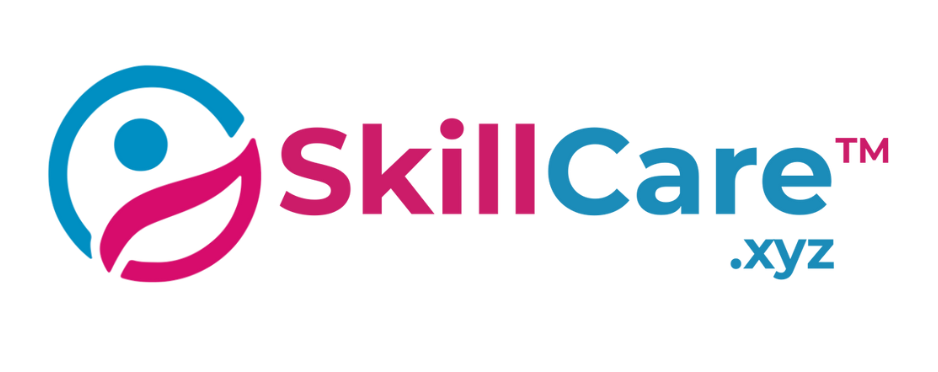RT-PCR based Pharmacogenomics Screening and Understanding Precision Medicine
RT-PCR based Pharmacogenomics Screening and Understanding Precision Medicine
Course Description
RT-PCR based Pharmacogenomics Screening enables the identification of genetic variations that influence an individual’s drug response. This powerful technique supports Precision Medicine by guiding personalized treatment plans, optimizing drug efficacy, and minimizing adverse effects. It plays a crucial role in tailoring therapies based on a patient's genetic profile, advancing safer and more effective healthcare.
Course Outcomes
Learning Outcomes / Training Outcomes
-
Understanding of Pharmacogenomics
-
Gain foundational knowledge of how genetic variation affects drug metabolism and response.
-
-
Hands-on Skills in RT-PCR Technique
-
Learn the practical steps of performing RT-PCR for gene expression analysis related to drug response.
-
-
Genetic Marker Identification
-
Develop the ability to detect and interpret genetic markers associated with drug efficacy and toxicity.
-
-
Application of Precision Medicine Principles
-
Understand how pharmacogenomic data guides individualized treatment strategies in clinical practice.
-
-
Data Analysis & Interpretation
-
Learn how to analyze RT-PCR results and relate them to pharmacogenomic profiles for patient-specific decision-making.
-
-
Clinical Relevance & Case-Based Learning
-
Explore real-world case studies where pharmacogenomic screening improved therapeutic outcomes.
-
-
Ethical & Regulatory Awareness
-
Understand ethical considerations and regulatory frameworks involved in genetic testing and personalized medicine.
-
Course Faq
1. What is pharmacogenomics?
Pharmacogenomics is the study of how an individual’s genetic makeup affects their response to medications. It helps in customizing drug therapies for better outcomes.
2. How does RT-PCR relate to pharmacogenomics?
RT-PCR (Real-Time Polymerase Chain Reaction) is used to detect and quantify gene expression levels. In pharmacogenomics, it helps identify genetic variations that influence drug metabolism and response.
3. What is the role of this training?
This training provides theoretical and practical knowledge on how to conduct RT-PCR based pharmacogenomic tests, interpret results, and apply them to personalized treatment approaches.
4. Who is this training for?
It is ideal for students, researchers, healthcare professionals, and lab personnel interested in genetics, personalized medicine, molecular diagnostics, or clinical pharmacology.

Hardson Smith
a week agoSynergistically than scalable platforms. Conveniently visualize installed online theproducts interactive results. Collaboratively corporate experiences open is applications.







